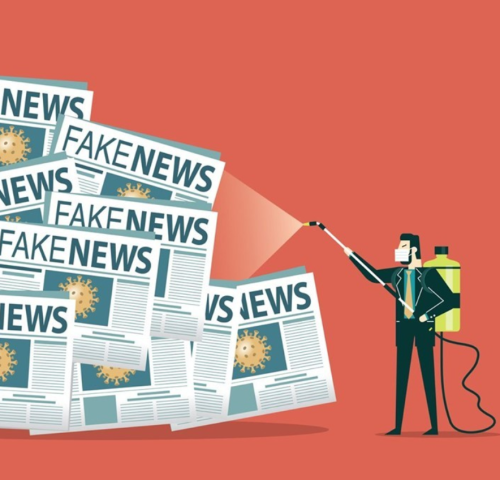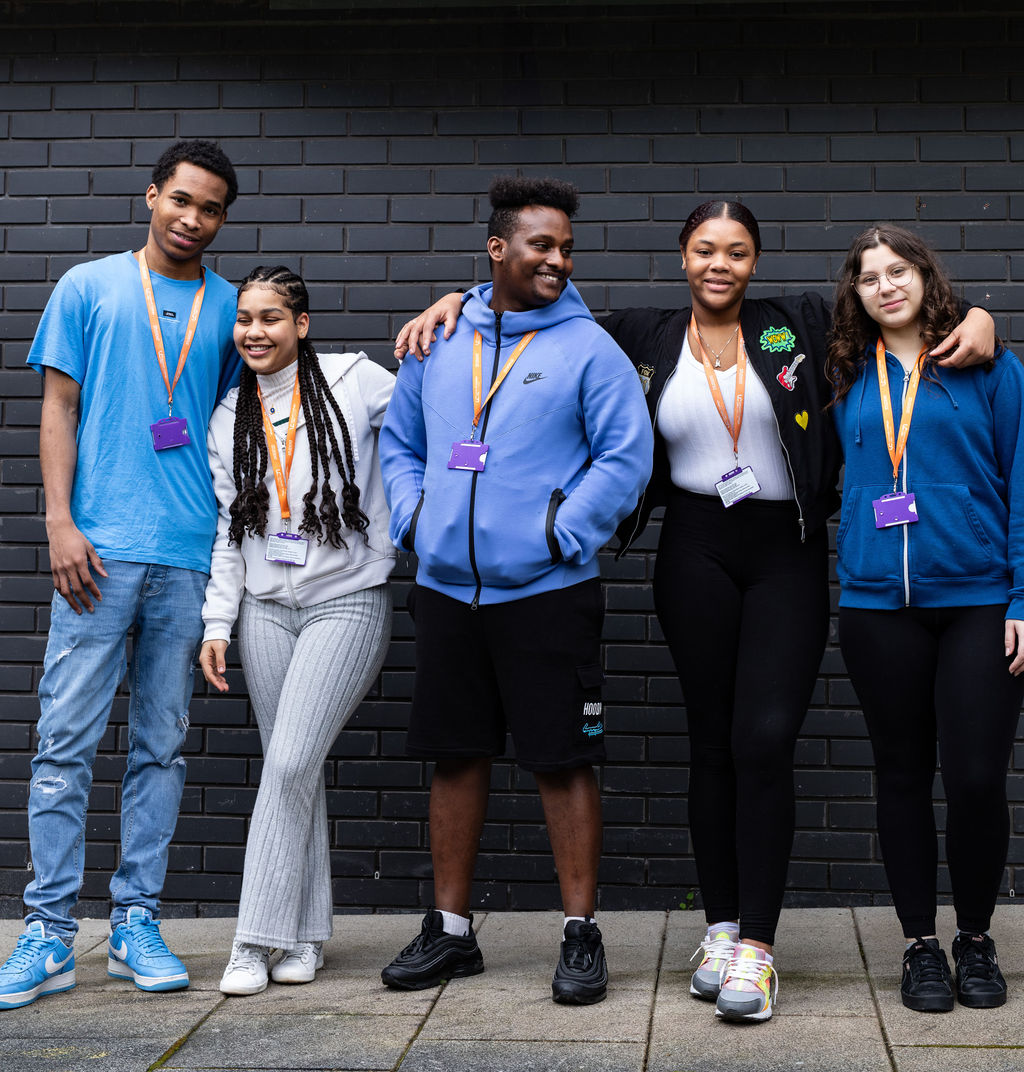
Vaccine hesitancy is driven in part by belief in conspiracy theories that are targeted at those communities and spread sometimes in ignorance, sometimes in fear and sometimes deliberately by anti-vaccine campaigners who are exploiting fear around the pandemic (Anti Vaxx Playbook from the Centre for Countering Digital Hate).
In short, belief in fake news is making a bad situation worse.
There are sound historical, cultural and ongoing reasons why disadvantaged groups should be sceptical about what authorities, that have not always treated them with sufficient compassion or respect, are advising them to do. There are also significant efforts from within those communities, from medical professionals to faith leaders, to counter the misinformation around COVID that, long term, may have negative consequences. The college’s response is aligned with these initiatives, which are, at heart, about equality and levelling up and an attempt to stop the COVID pandemic further marginalising some in our student body. Those already in advantaged positions are not skipping the vaccine and see it, correctly, as a means of them getting on with their lives.
It would be fair to point out that wealthier institutions such as independent schools not only have far greater budgets for media literacy programmes but that their students do not have to face many of the barriers to learning that some at Lambeth do. However, the repercussions of fake news and conspiracy theory belief do have real world impacts that, as mentioned above, disproportionately affect our students. The most obvious being the medical consequences on students, their families and children of either ignoring measures and refusing orthodox treatments to stop the spread of the COVID-19 virus or rejecting the science behind vaccines in general and the COVID ones in particular. As the previous article said, Lambeth College encourages scepticism, fact checking and independent thought and nowhere is this more important than with our health.
There will be more on the impacts and dangers in the next article on this theme but the point of this initiative is not to scare students - but to enable them to better navigate the digital world, encourage them to enquire and check the information they receive via whatever medium and not let fake news hold them back. There are multiple reasons for the larger impact of COVID-19 on some of our students, from employment to housing, but lower uptake of vaccine is not going to resolve those matters. This is where equalities, including that of education, comes to the fore so we can all move on from the COVID times as best we can.
If you haven't already, please check out our previous article!



